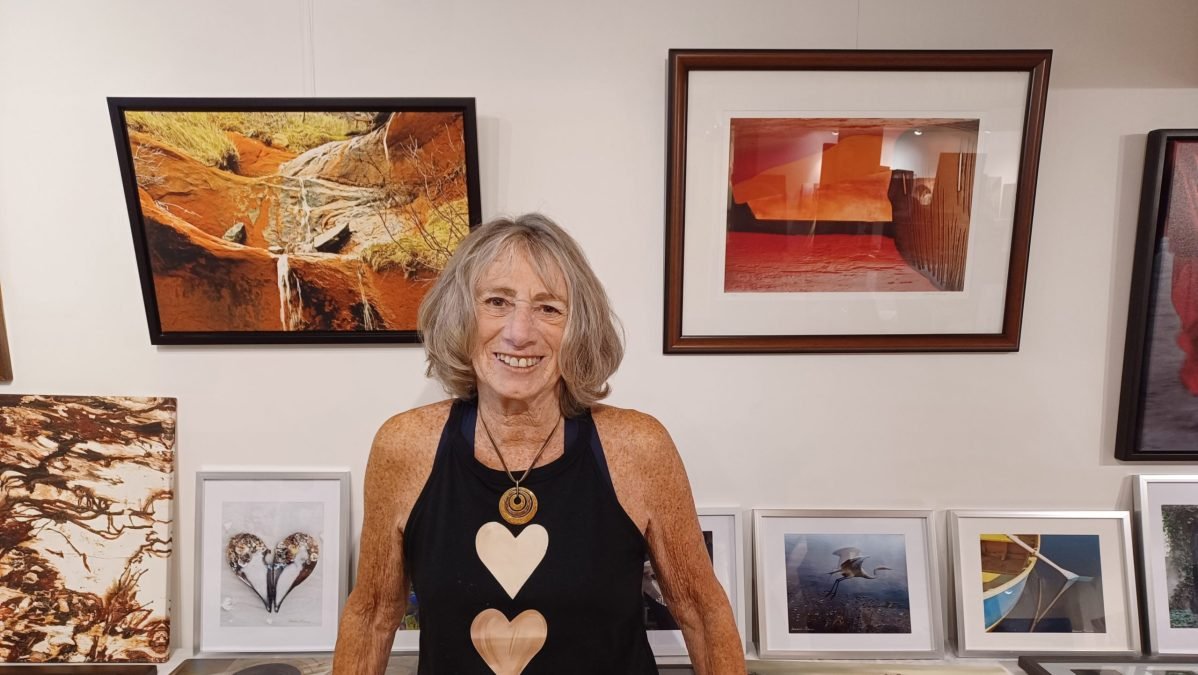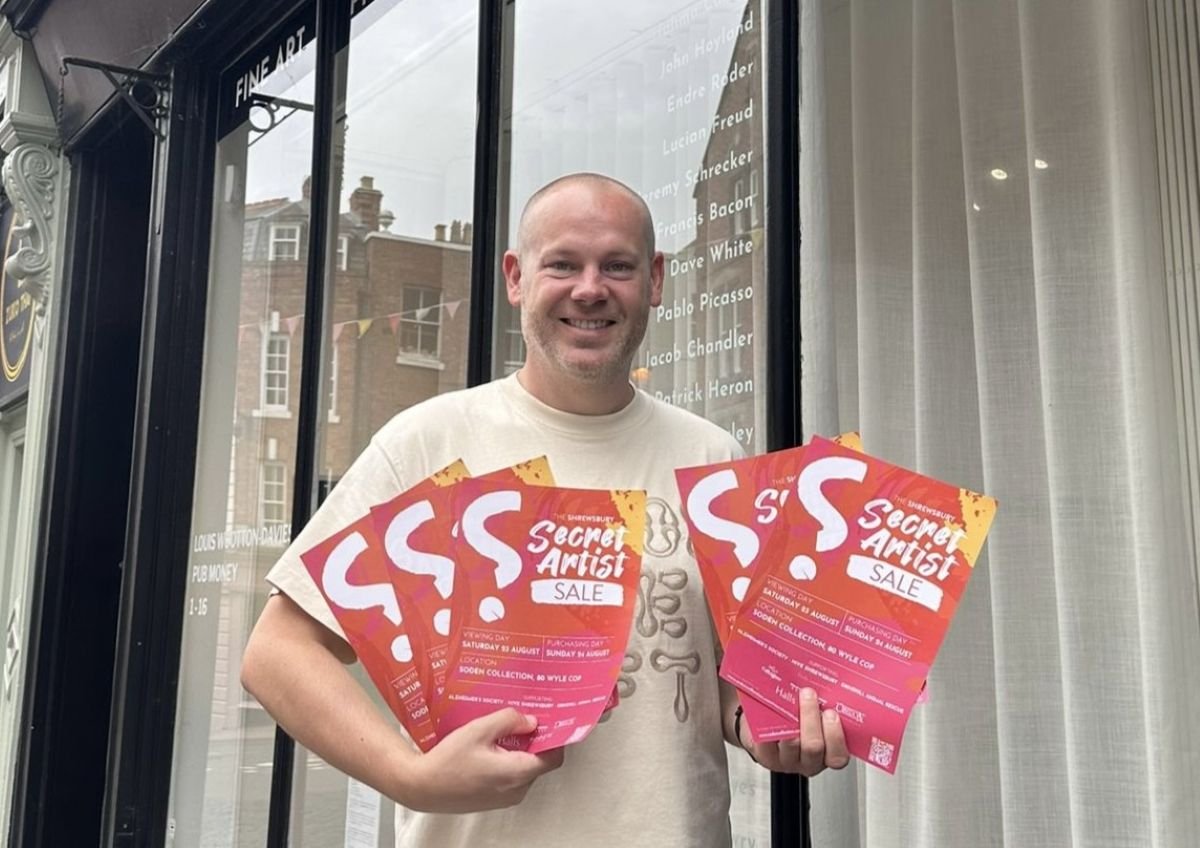LÂLKA is an advocate for being open to actively utilising AI as an artist and in the arts.
— LÂLKA
BRISBANE, QUEENSLAND, AUSTRALIA, August 26, 2024 /EINPresswire.com/ — Acclaimed Australian Artist, LÂLKA, boldly declares that the current outcry against AI in the Music Industry requires more perspectives from voices of underrepresented people and risks limiting a capacity to evolve.
Responding to this week’s report by APRA AMCOS (Australian Performing Rights Association) which revealed significant concerns music creators have about the impact of AI on their careers, LÂLKA was among the first to question the integrity of the study in an Instagram Post and insist the real numbers provide different insight and interpretations.
“Headlines misrepresent the data,” she writes. “APRA AMCOS’ study shows 38% of 4,200 music creators surveyed already incorporate AI, and only 9% believe opportunities outweigh risks.”
Known for her cutting edge, boundary pushing style in the electronic scene, LÂLKA was originally trained as a classical multi-instrumentalist. Her position in this debate stands in stark contrast to other classically trained artists being quoted, such as Voice Australia coach Kate Miller-Heidke who is warning: “If we lose people because their jobs are being replaced by AI, we’ll never get them back.”
“This statement is reductive and limiting,” says LÂLKA, whose post was accompanied by a disclosure video describing how she personally utilises AI technologies in the production of the assets for her recent release, ‘Yves Klein’, from her upcoming EP, ‘Wildfire’.
She explains that “As technology reshapes our creative landscape, artists must remain open to new possibilities while critically examining our impact on culture and society…While the study shows generic music is more likely to be replaced by AI, it merely proves that artists must further develop distinctly human qualities. Art isn’t solely about technical proficiency; it’s about curiosity, emotional depth, and independent thought.”
LÂLKA is also quick to point out racial bias in reporting around the study when she adds:
“While valuable, media coverage has given opinions of established white Australian artists (Tina Arena, Jimmy Barnes, Bernard Fanning) more prominence than the insightful perspectives of less-known POC artists like Dami Im and Kingdon Chapple-Wilson,” and she holds all discussing AI in the arts accountable saying: “We must ensure we include a wide range of voices, especially from underrepresented communities.”
Balancing out perspectives herself, LÂLKA notes that whilst important questions about the nature of digital information, fair use, and the ethical considerations surrounding AI development need to be addressed, public discourse often lacks understanding of neural networks – the foundation of generative AI.
“These networks don’t reproduce training data; they represent its internal logic—like a style, mood, or vibe so, in the AI and music discourse, we need continuous reflection, asking not just Can we? but Should we? and What does it mean if we do?”
–END–
Cath Smibert
Tomboi Records
media@tomboirecords.com
Visit us on social media:
Facebook
Instagram
YouTube
TikTok
Other
LÂLKA – Yves Klein (Official Music Visualiser)
Legal Disclaimer:
EIN Presswire provides this news content “as is” without warranty of any kind. We do not accept any responsibility or liability
for the accuracy, content, images, videos, licenses, completeness, legality, or reliability of the information contained in this
article. If you have any complaints or copyright issues related to this article, kindly contact the author above.
![]()







